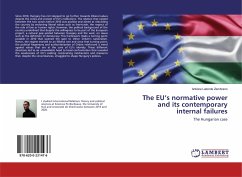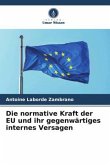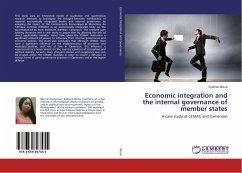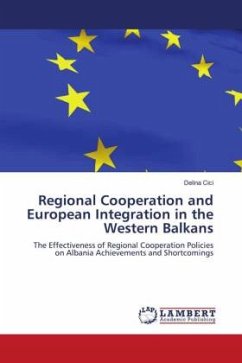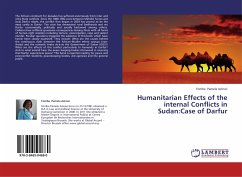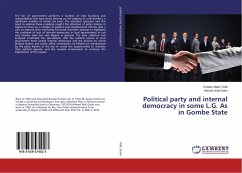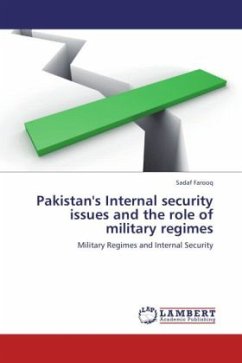Since 2010, Hungary has not stopped to go further towards illiberal values despite the critics and protest of EU's institutions. The relation that existed between the two actors before 2010 was positive and aimed at rebuilding the country by endorsing liberal values such as free-trade, the respect of the rule of law or human rights. However, the political background of the country underlined that despite the willingness to be part of the European project, a cultural gap existed between Hungary and the west, on issues such as the definition of democracy. This framework made a turning point possible in 2010 that opened the gate to Viktor Orbán's nationalism. Hence, the regime evolved to an illiberal one and since that turning point, the political hegemony and authoritarianism of Orbán reinforced a trend against values that are at the core of EU's identity. These different directions led to an unavoidable head to head confrontation that revealed the weaknesses of EU's existing constraining mechanisms and measures that, despite the circumstances, struggled to shape Hungary's policies.

